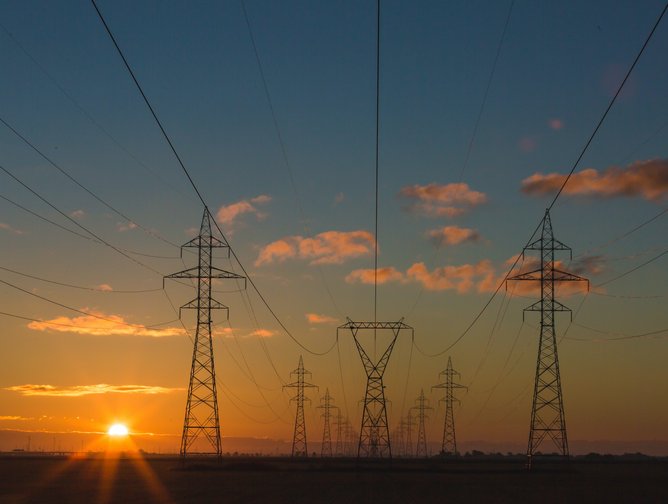Companies key to achieving affordable, clean energy for all

Energy access is among the most critical necessities in the modern world in order to boost income, increase employment, and combat climate change. Therefore, the Sustainable Development Goals aim to "ensure access to affordable, reliable, sustainable and modern energy for all". This goal is particularly paramount as according to the Energy Progress Report by the United Nations, 759 million people worldwide still lack access to electricity.
People spend a lot of time getting water, collecting fuel and supplies, and turning to cookstoves due to a lack of electricity. Furthermore, air pollution from the use of combustible fuels for home energy caused 4.3 million deaths in 2012, with women constituting the majority of the victims.
Lack of energy access as a global issue
Global access to dependable, affordable, and plentiful energy is unfortunately still not granted equally. In emerging economies, increasing the pace of electrification is especially important.
According to the UN report, at the current rate of progress, approximately 620 million people will still be without access to electricity in 2030, the year set by the Sustainable Development Goals for universal energy access, and this forecast does not take into account the impact of COVID-19 on developing markets.
The Environmental Protection Agency (EPA) has classified total greenhouse gas emissions in the United States by economic sector. According to the findings, transportation is the biggest contributor at 29%, followed by electricity (25%) and industry (22%).
Emissions from industry sectors are linked to the use of fossil fuels for both energy and production, chemical reactions during the manufacturing of iron, steel, and cement, and leakage from natural gas and petroleum systems. While fossil fuels empowered industrial growth, they also contributed to environmental deterioration, making them responsible for several climate changes.
Moreover, as per the aforementioned Energy report, the impact of COVID-19 jeopardises development toward SDG 7 in certain parts of the globe, highlighting social disparities in access to reliable energy, particularly in rural and peri-urban areas. With this in mind, it is important to broaden energy access to assist the population in overcoming the impact of the crisis.
What's more, the use of clean and safe fuels improves health and life quality. Consequently, it is critical for corporations, regional and international legislation bodies, and other stakeholders to shift renewable energy technologies available to all.
Targets towards achieving SDG 7 for affordable, clean energy
For SDG 7, the UN has outlined five objectives. Several of these objectives are, in fact, the obligation of the national government to carry out. Nevertheless, even on a lower scale, a business can add value to SDG 7 to demonstrate its commitment to achieving sustainability.
- Access to modern energy for all
- Increase the global share of renewable energy.
- Increase energy efficiency by twice as much.
- Encourage clean energy access, technology, and investment.
- Aid developing countries in broadening and enhancing their energy services whenever possible.

Businesses role in affordable, clean energy transition
Given that the private industry accounts for roughly two-thirds of global electricity demand, companies hold a vital role to ramp up the transition to sustainable energy systems.
Businesses can help boost the transition to sustainable energy systems by making an investment in renewable energy technology, research and development, optimising energy efficiency, and incorporating clean energy into their operations.
They can go above and beyond their own procedures by investing in clean energy sources for their internal communities, ensuring that their workforce and consumers are granted access to renewable energy, and even supplying renewable technologies to developing nations.
As energy efficiency is evidently linked to business costs, corporations should make it a top priority. Thus, it is critical for businesses to expedite the transition to 100% renewable energy and cultivate long-term renewable strategies to advance renewable energy technology and lower costs.
Best practices to implement affordable and clean energy goals
The following are the best practices for implementing affordable clean-energy strategies for businesses:
- Investigate the most cost-effective and environmentally friendly energy sources for your specific geographic location.
- Commit to sourcing all of your company's energy from clean sources.
- To reduce net energy demand, take advantage of the recent transition to remote work and encourage telecommuting days.
- Increase your investment in renewable energy research and development.
- To promote a decrease in fossil fuel demand and emissions, prioritise parking spaces for electric vehicles.
- Make impact reporting and openness to employees, customers, and stakeholders a top priority.






